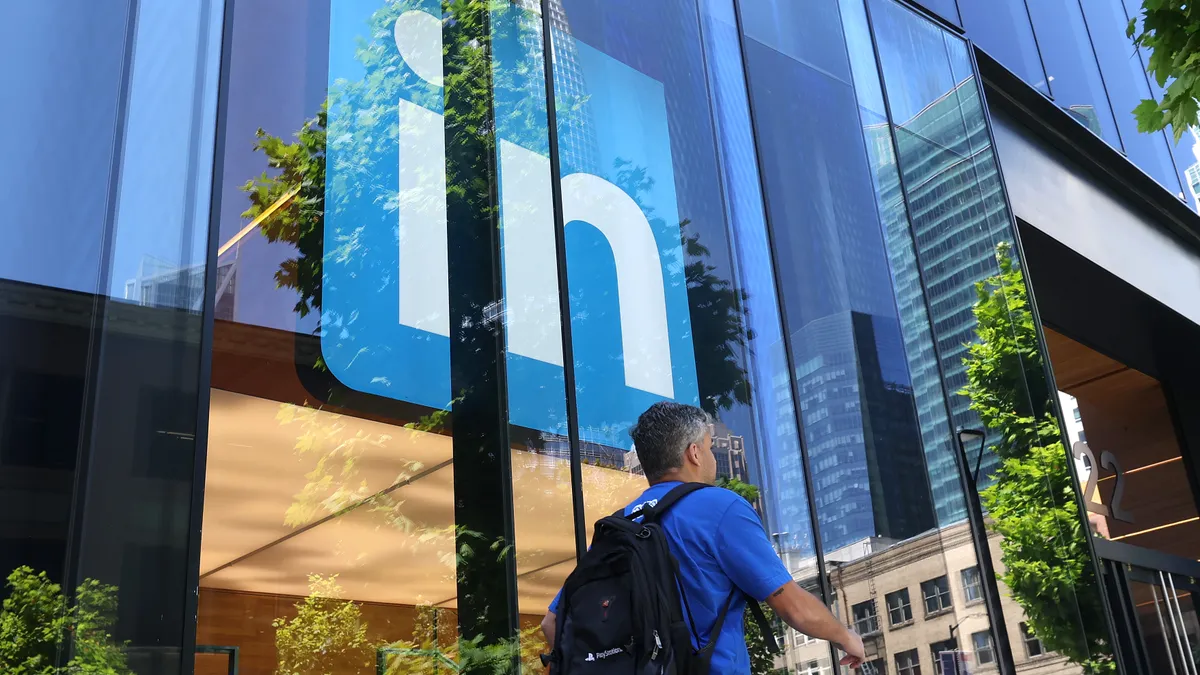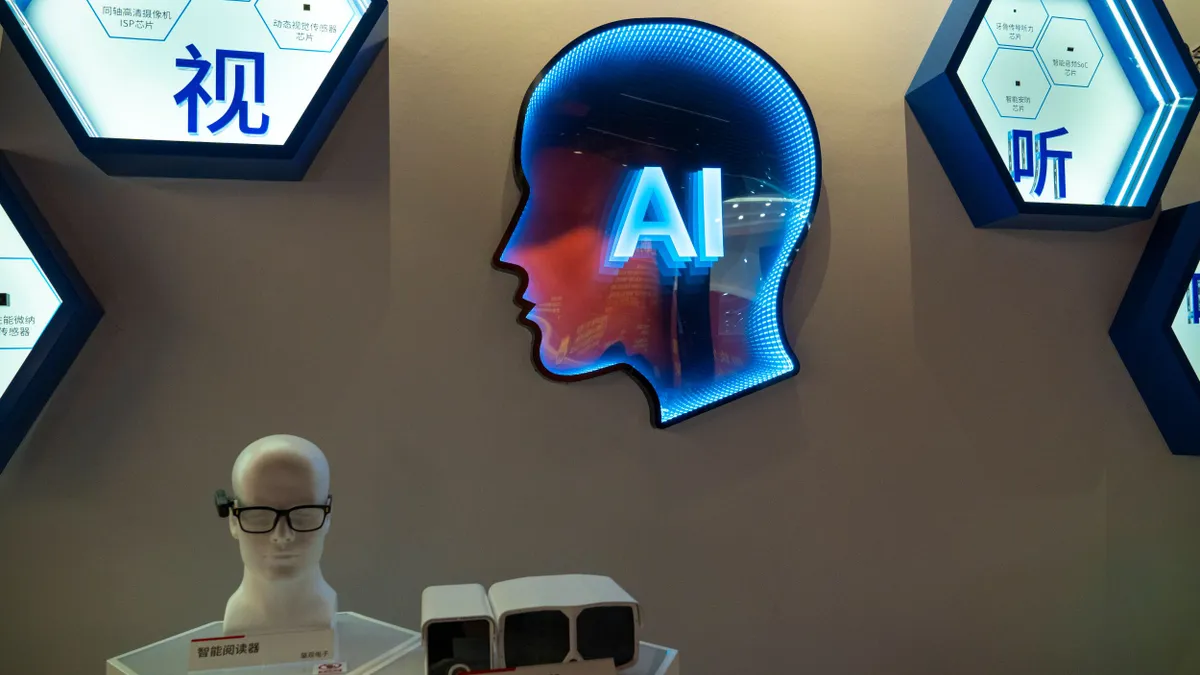All jobs posted on Indeed — from truck driver to software engineer — have skills that can be done or augmented by generative artificial intelligence, the hiring platform said Sept. 21. However, only 1 in 5 is considered “highly exposed” to the technology, meaning generative AI considers itself “good” or “excellent” at performing 80% or more of the skills listed in a job posting, the firm said.
Human resources jobs were near the high end of exposure, with generative AI considering itself “good” at most of the department’s tasks.
Software development jobs have the highest potential exposure, with generative AI “good” or “excellent” at performing 95% of a posting’s skills, including technology and business operations, the report found. Generative AI is least likely to impact driving, followed by beauty and wellness workers, caregivers, nurses, servers and cooks — the most in-demand jobs with the lowest ability to be done remotely, Indeed said. Retail jobs fell in the middle, with the tech effective at almost 60% of the skills.
“Our research shows that GenAI is less likely to replace an entire job, but rather serve as a tool to augment or streamline parts of a job,” Indeed Chief Economist Svenja Gudell said in a statement. In other words, while generative AI can perform some job skills, it can’t perform others, such as skills requiring human intuition, advanced reasoning, manual dexterity or physical presence, the report found.
Research consistently finds the human element required in many critical job skills — in particular, empathy, intuition and manual dexterity — remains irreplaceable, the Indeed report emphasized. “GenAI, while adept at processing data and executing specific tasks, lacks the innate human qualities that define various roles, especially those centered around manual work, human interactions, and decision-making based on nuanced understanding,” the report explained.
Visualize it like this: “A GenAI chef can help refine a recipe or translate a menu, but it can’t chop an onion or garnish a dessert,” the report offered.
How about an AI nurse? It “can help diagnose an illness, but can’t insert an IV or console a worried family.” Or an AI software developer. The tech “can write a line of code, but can’t place it within the broader, complex software architecture envisioned by a human developer,” the report said.
As for retail jobs, ChatGPT — the generative AI tool Indeed used to assess the tech’s aptitude — has extensive knowledge about retail operations, customer service best practices, inventory management and sales techniques, Indeed found. But it can’t perform physical tasks, such as stocking shelves, setting up displays and handling products, or engage in face-to-face interactions with customers, all of which make up a significant part of retail.
“Going forward, we’ll likely see a variety of jobs reworked and reimagined by employers, including new jobs being created over time because of GenAI’s fast-growing influence,” Gudell predicted.
HR and tech pros have recognized its potential: More than half responding to a recent Robert Half survey said generative AI will increase demand for their skills. Many HR managers are already using generative AI tools to write job descriptions, find and screen candidates and evaluate employee performance, the consulting firm’s research found.
To identify a job’s exposure level to generative AI, Indeed and its research team, Hiring Lab, analyzed 55 million jobs, including more than 2,600 skills, posted on the platform between July 2022 and August 2023, it said.
Every job is potentially exposed to some kind of change from generative AI, particularly because technology skills — from the very broad “computer skills” to the very specific skill of knowing a certain programming language — are present across every occupation category, the report noted. However, “GenAI is unlikely to fully replace many jobs,” Indeed said.
It’s up to employers to help their workforce navigate the changes with training and upskilling, an executive recently told HR Dive. Indeed stressed this need: “A person’s capacity for on-the-job adaptation and lifelong learning, already critical tody, will only become more important tomorrow,” it said.






















